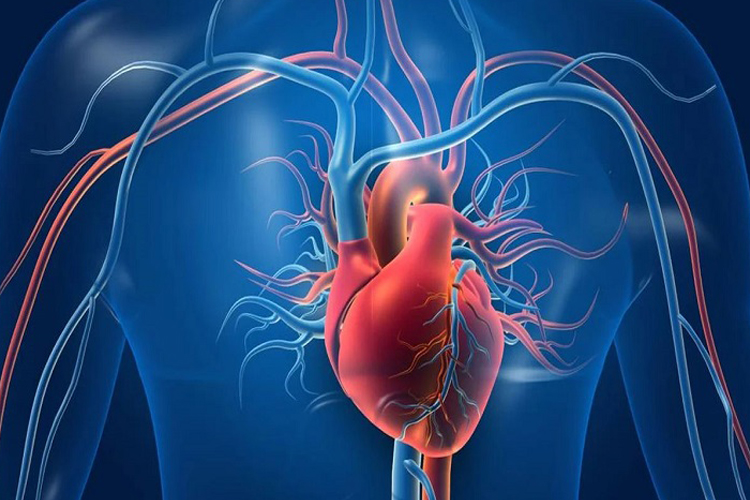Increased Cholesterol
Increased cholesterol levels, particularly elevated levels of low-density lipoprotein cholesterol (LDL-C), also known as "bad" cholesterol, can pose significant health risks. Cholesterol is a waxy, fat-like substance that is essential for building cell membranes, producing hormones, and synthesizing vitamin D. However, when cholesterol levels become too high, it can lead to the accumulation of plaque in the walls of arteries, a condition known as atherosclerosis. This can increase the risk of cardiovascular diseases, including heart attack and stroke.
Several factors can contribute to high cholesterol levels, including:
- Unhealthy Diet: Consuming foods high in saturated fats, trans fats, and dietary cholesterol can raise LDL cholesterol levels. These include fatty meats, full-fat dairy products, fried foods, processed foods, and baked goods.
- Lack of Physical Activity: Physical inactivity can contribute to higher levels of LDL cholesterol and lower levels of high-density lipoprotein cholesterol (HDL-C), also known as "good" cholesterol.
- Obesity: Being overweight or obese can lead to higher levels of LDL cholesterol and triglycerides, another type of blood fat.
- Smoking: Smoking damages blood vessel walls, making them more susceptible to the accumulation of cholesterol plaque.
- Genetics: Some individuals may have a genetic predisposition to high cholesterol levels, known as familial hypercholesterolemia.
- Certain Medical Conditions: Conditions such as diabetes, hypothyroidism, and kidney disease can affect cholesterol metabolism and lead to higher levels of LDL cholesterol.
- Age and Gender: Cholesterol levels tend to increase with age, and men typically have higher cholesterol levels than premenopausal women. However, after menopause, women's cholesterol levels may rise to levels similar to or higher than those of men.
Managing high cholesterol typically involves lifestyle changes and, in some cases, medication. Lifestyle modifications include:
- Adopting a heart-healthy diet rich in fruits, vegetables, whole grains, lean proteins, and healthy fats such as those found in nuts, seeds, and olive oil.
- Engaging in regular physical activity, such as brisk walking, jogging, swimming, or cycling, for at least 150 minutes per week.
- Achieving and maintaining a healthy weight.
- Quitting smoking and avoiding exposure to secondhand smoke.
For some individuals with high cholesterol, medication such as statins, cholesterol absorption inhibitors, bile acid sequestrants, or PCSK9 inhibitors may be prescribed to help lower cholesterol levels and reduce the risk of cardiovascular events. Treatment decisions are typically based on an individual's overall cardiovascular risk profile and other health factors. Regular monitoring of cholesterol levels and adherence to treatment and lifestyle recommendations are essential for effectively managing high cholesterol and reducing the risk of complications.


